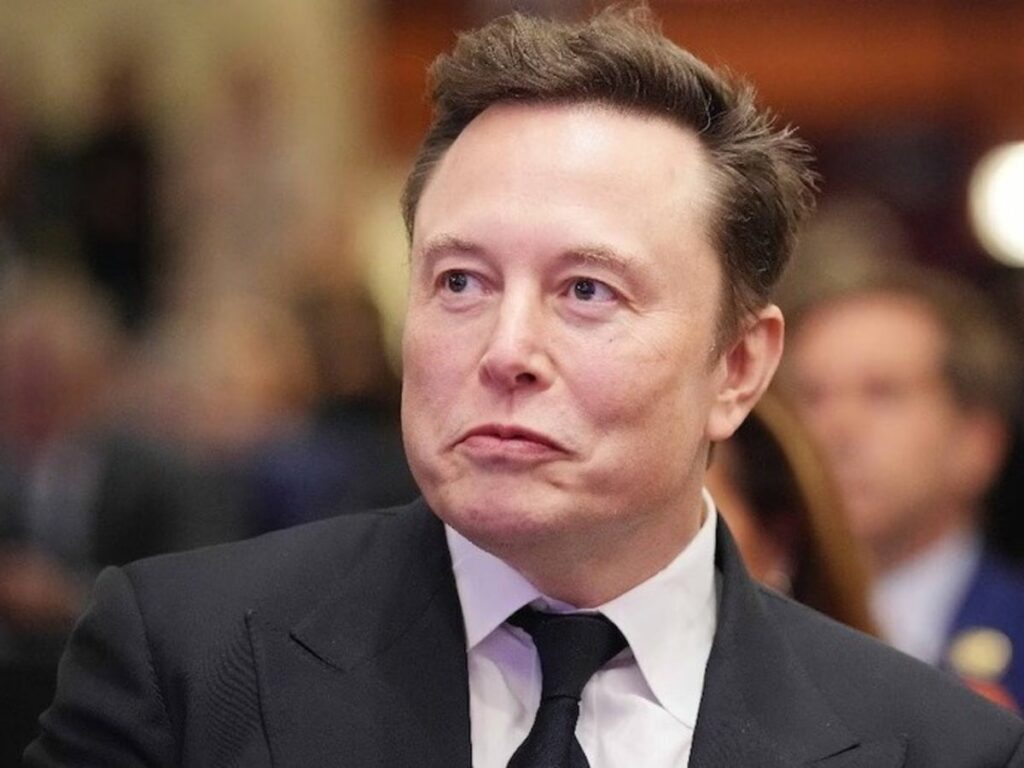Elon Musk, the CEO of Tesla, has once again captured the spotlight with his recent philanthropic gesture. On December 30, a regulatory filing revealed that Musk donated approximately 268,000 Tesla shares valued at around $112 million (approximately ₹960 crore). This act not only showcases Musk’s commitment to philanthropy but also raises questions about his motivations and the impact of such massive donations on both his personal wealth and Tesla’s stock performance.
Details of the Donation
The regulatory filing disclosed the specifics of the donation, highlighting the number of shares and their value at the time of the transfer. This donation occurred at a time when Tesla’s stock has been experiencing significant fluctuations, which plays a crucial role in the company’s market capitalization and investor sentiment.
Elon Musk’s Philanthropic Efforts
Musk is not new to philanthropy. Over the years, he has made substantial contributions to various charitable causes, including education, renewable energy, and COVID-19 relief efforts. Here’s a brief overview of some of his notable donations:
| Year | Cause | Amount Donated |
|---|---|---|
| 2020 | COVID-19 Relief | $5 million |
| 2021 | Education Initiatives | $10 million |
| 2022 | Renewable Energy Projects | $15 million |
| 2023 | Tesla Share Donation | $112 million (in shares) |
Impact on Tesla and Its Shareholders
The donation of such a large number of shares could have several implications for Tesla and its shareholders:
- Market Reactions: Changes in shareholding by prominent executives often affect stock market reactions. Investors might perceive this act either as a sign of confidence in the company’s future or as a potential unloading of shares, which could impact share prices.
- Tax Implications: By donating shares instead of cash, Musk can avoid potential capital gains taxes associated with selling the stock. This strategy benefits him financially while simultaneously supporting his preferred causes.
- Corporate Responsibility: Such donations reflect Tesla’s commitment to corporate social responsibility, potentially enhancing the company’s brand image among consumers and investors who value corporate citizenship.
Challenges and Criticism
Despite the positive aspects of his donations, Musk has faced criticism over some of his business practices and tweets, which often lead to controversy. Critics occasionally question whether his philanthropic actions are genuine or merely public relations strategies. Balancing personal wealth, corporate responsibilities, and philanthropic efforts remains a challenge for many in similar positions.
Conclusion
Elon Musk’s recent donation highlights his ongoing commitment to philanthropy and raises several important discussions about wealth distribution among billionaires. As he continues to influence both the automotive industry and global philanthropic efforts, it will be intriguing to observe how his actions impact Tesla and the broader community in the long run. Ultimately, such large-scale donations not only help in immediate causes but also reflect the evolving role of billionaires in addressing societal challenges.
